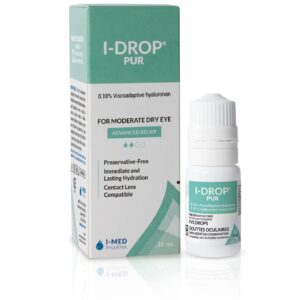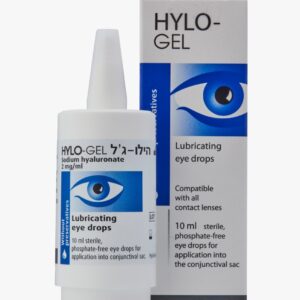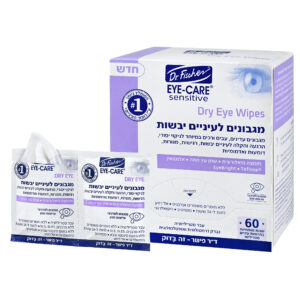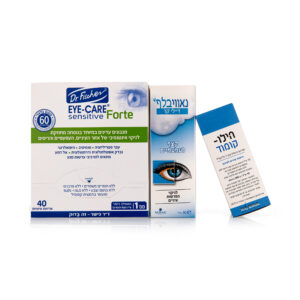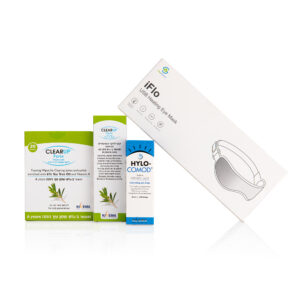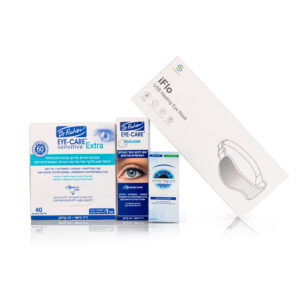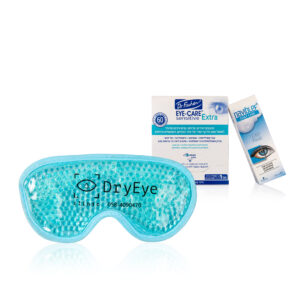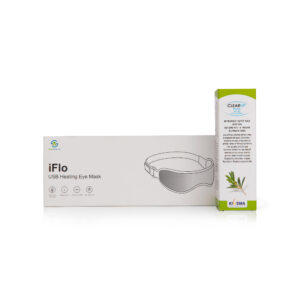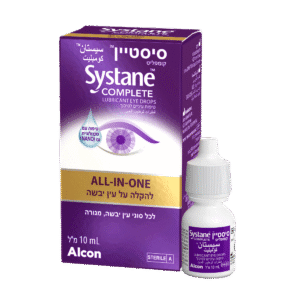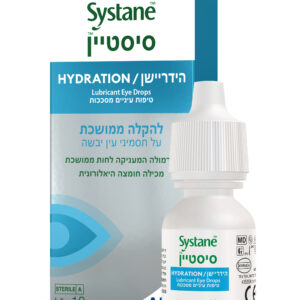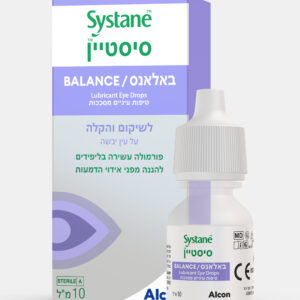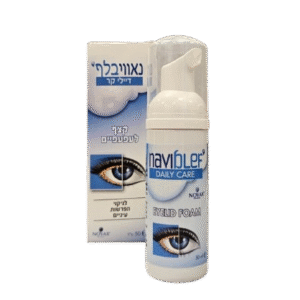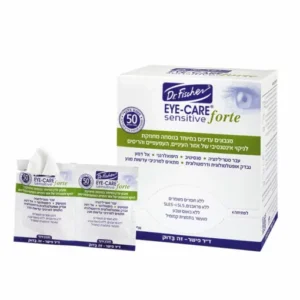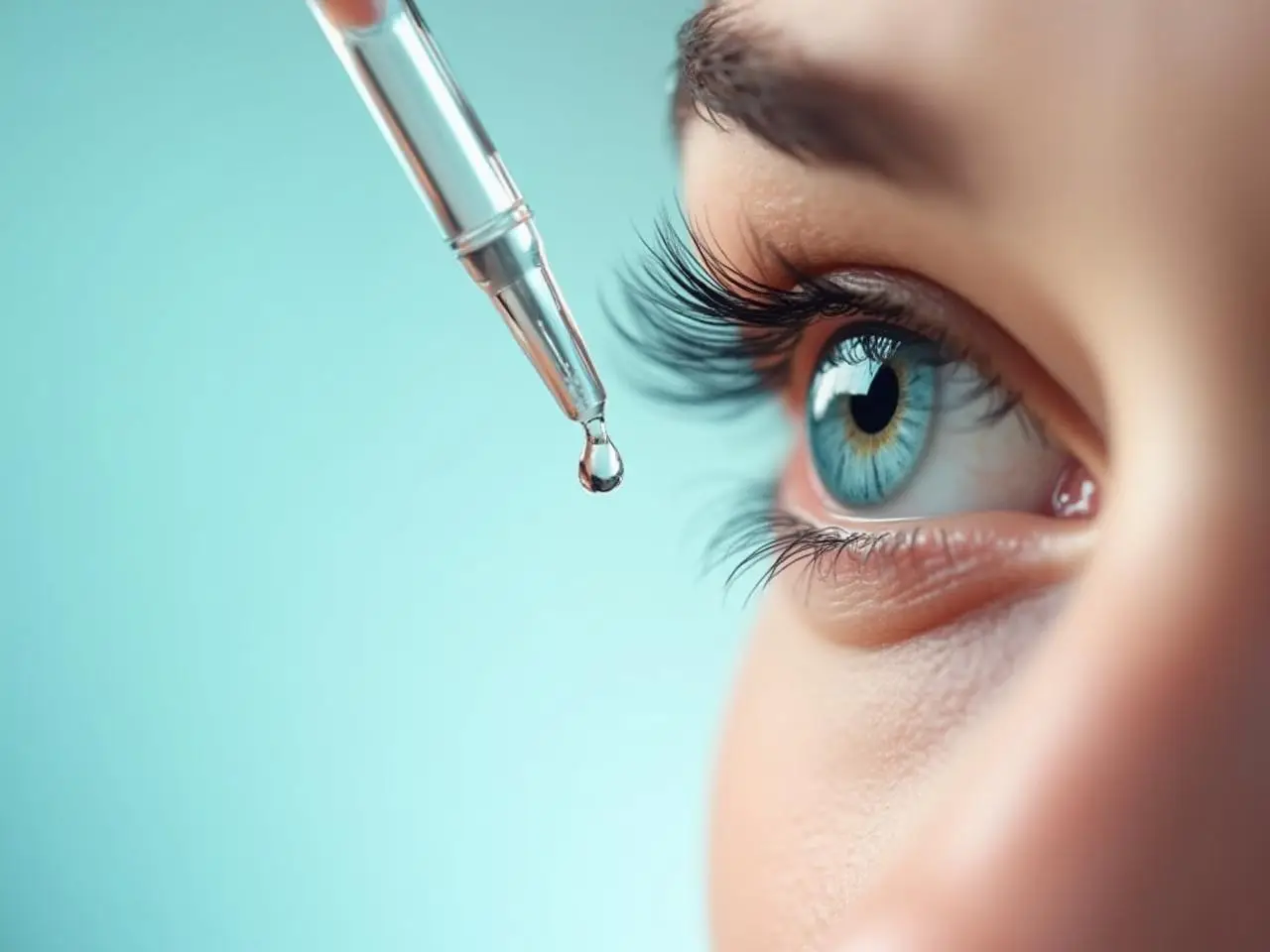
טיפות דמעות – מה זה ולמה משתמשים בהן?
טיפות דמעות הן תמיסות רפואיות או קוסמטיות שמטרתן להקל על
Itchy eyes are a common problem that can be annoying and distracting, understanding the underlying causes and potential treatments can help ease the discomfort. This article presents the most common causes of itchy eyes and offers some effective treatments to help you find relief.
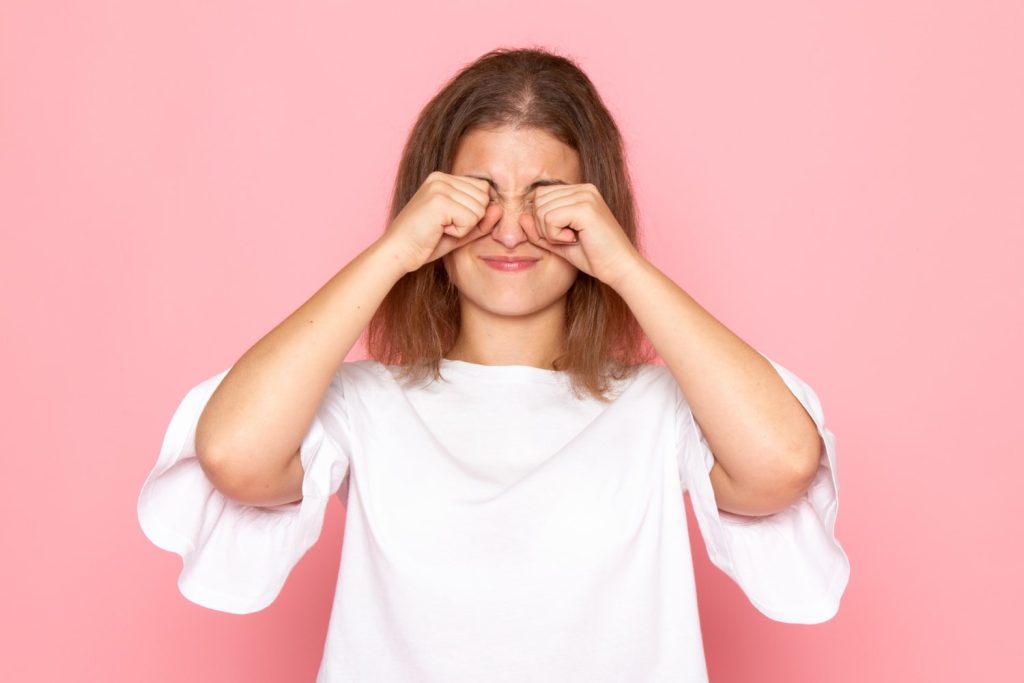
1. Allergies
Allergic reactions are one of the most common causes of itchy eyes. When your immune system overreacts to an allergen, such as pollen, dust mites, or pet dander, it can lead to inflamed and itchy eyes. Seasonal allergies are especially common, with many people experiencing symptoms during the spring and fall months due to pollen from trees, grasses, and weeds.
2. Dry eye syndrome
Dry eye syndrome occurs when your eyes do not produce enough effective tears. This can lead to itching, as well as stinging, burning and a foreign body sensation in the eyes. Several factors can contribute to dry eye syndrome, including aging, medications, and certain medical conditions.
3. Conjunctivitis
Conjunctivitis is an inflammation of the conjunctiva, the thin membrane that covers the white part of the eye and the inside of the eyelids. This inflammation can be caused by viruses, bacteria, allergens or irritants, and often causes redness, discharge and itching.
4. Blepharitis
Blepharitis is an inflammation of the edges of the eyelids, usually caused by a bacterial infection, skin conditions or an abnormal sebaceous gland. Symptoms include red, swollen and itchy eyelids, as well as peeling skin around the eyes and crusting on the eyelashes.
5. Contact lens irritation
Wearing contact lenses can sometimes cause itchy eyes, especially if you don't clean and care for your lenses properly, wear them for too long or have an ill-fitting pair. In some cases, contact lens wearers may also develop an allergic reaction to their lenses or the solutions used to clean them.
6. Environmental factors
Exposure to certain environmental factors, such as smoke, air pollution, can cause eye irritation and itching. In addition, prolonged spending in air-conditioned or heated environments can dry out the eyes and make them more prone to itching.
1. Eye drops without a doctor's prescription
Artificial tears and ointment eye drops can help soothe itchy eyes by providing moisture and relieving dryness.
2. Cold compresses (cold eyelid massage)
Cold compresses can help reduce itching and inflammation. Soak a clean cloth in cold water, squeeze out the excess water and place it on the closed eyes for about 10 minutes. This can be done several times a day as needed.
3. Avoid allergens
If you suspect that allergies are causing your itchy eyes, try to identify and avoid specific allergens that trigger your symptoms. This may include staying indoors on high pollen days, using air filters in the home, and washing hands and face after contact with pets.
4. Take allergy medicine
Oral antihistamines, such as cetirizine, loratadine, or fexofenadine, can help relieve itchy eyes associated with allergies by blocking the effects of histamine, a chemical released by your immune system during an allergic reaction. Talk to your doctor or pharmacist about which medicine might be best for you.
5. Prescription treatments
If over-the-counter treatments aren't effective, you may need prescription drugs. For severe allergies, your doctor may prescribe eye drops that contain steroids. If you have conjunctivitis or blepharitis, you may need antibiotic eye drops or ointments. For severe dry eye syndrome, prescription eye drops that help your eyes produce more tears may be needed.
6. Proper care of contact lenses
If your itchy eyes are related to using contact lenses, make sure you clean and store your lenses correctly. Consider switching to daily disposable lenses to avoid the potential build-up of allergens and irritants. If you are allergic to your contact lens solution, try a different brand, or talk to your optometrist about other options.
7. Limit screen time
Prolonged use of a computer, tablet or smartphone may lead to eye pressure and dryness, and worsen itching. Practice the 20-20-20 rule: Every 20 minutes, look away from your screen at something 20 feet away for 20 seconds. This can help reduce eye strain and maintain eye comfort.
Itchy eyes can be a source of great discomfort, but understanding the potential causes and available treatments can help you find relief. While some cases can be managed with simple home remedies and over-the-counter treatments, others may require professional medical attention. If your itchy eyes persist, worsen, or are accompanied by other concerning symptoms such as vision changes or severe pain, seek medical advice immediately. Your eyes are precious; Taking good care of them will ensure that they continue to serve you throughout your life.
The article is written in a male body but is aimed at both women and men.
Author of the article: Dr. Assaf Freeman.
Website: https://friehmann.com

טיפות דמעות הן תמיסות רפואיות או קוסמטיות שמטרתן להקל על
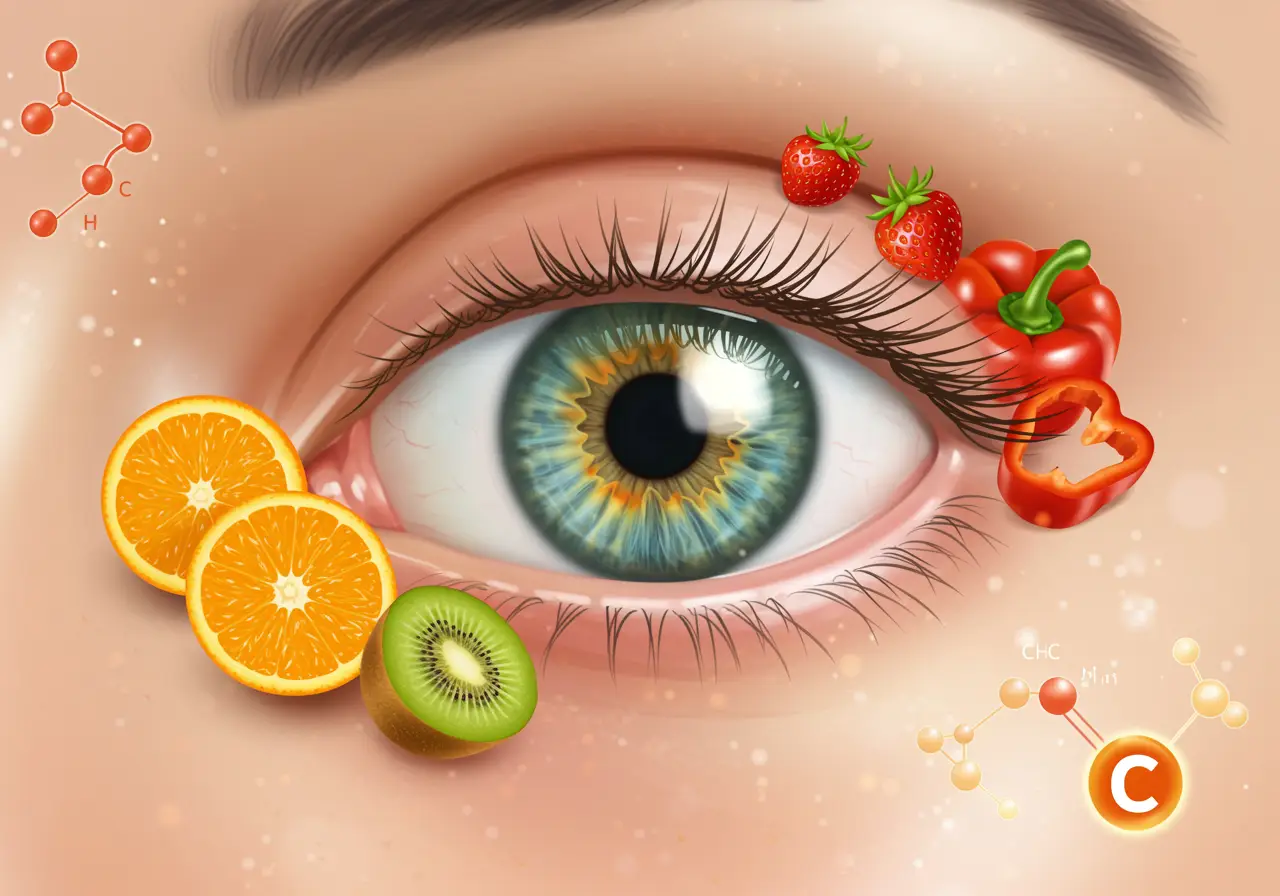
ויטמין C הוא אחד הוויטמינים החיוניים ביותר לבריאות העיניים, הודות

מרכז מומחים לאבחון וטיפול מתקדם בתסמונת העין היבשה ומחלות פני שטח העין
